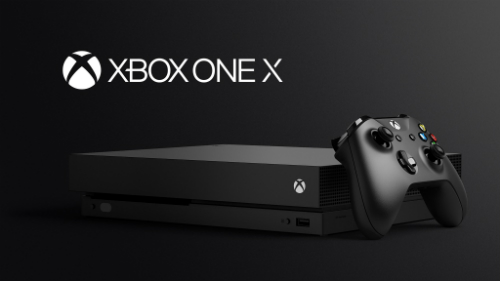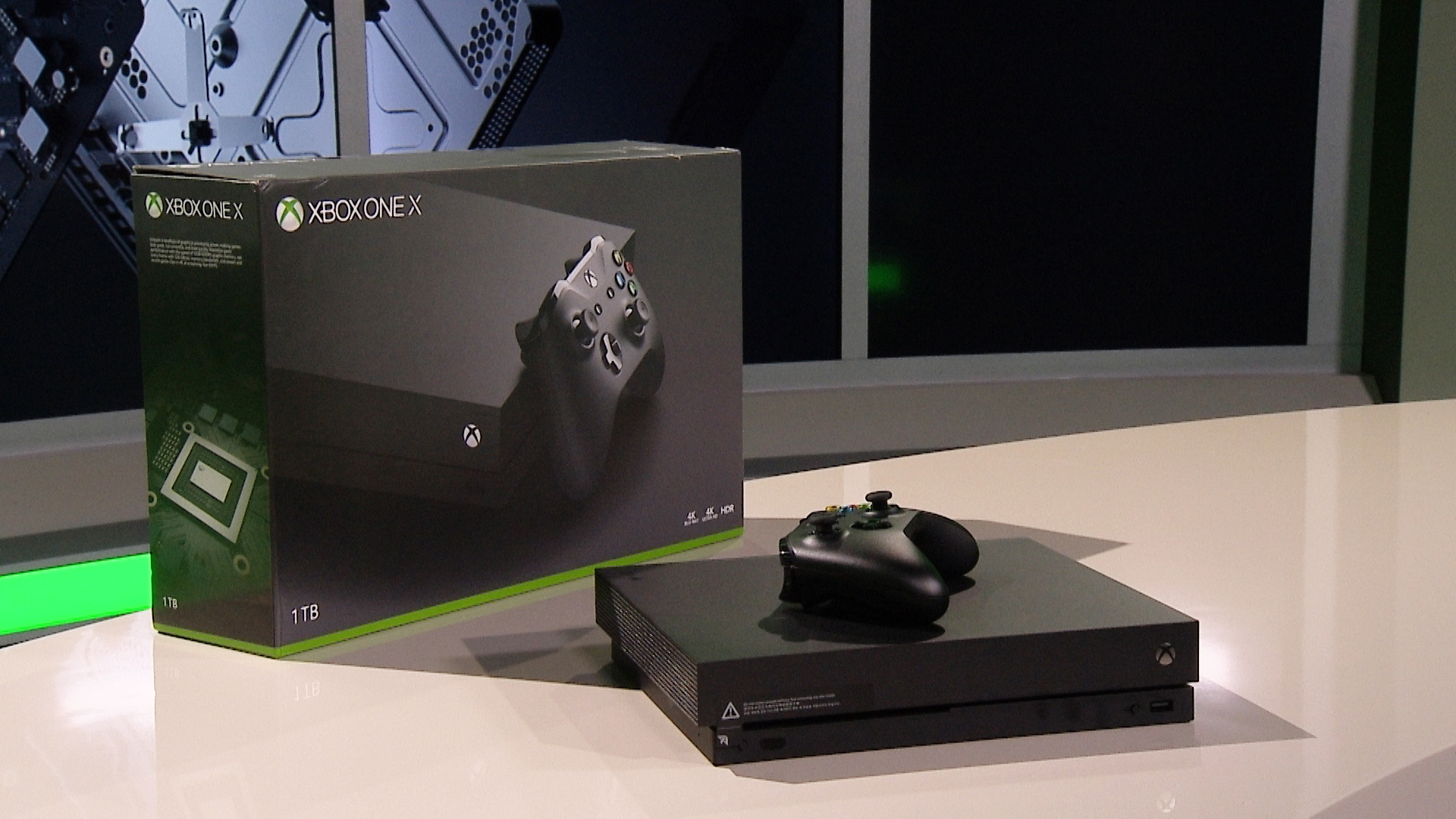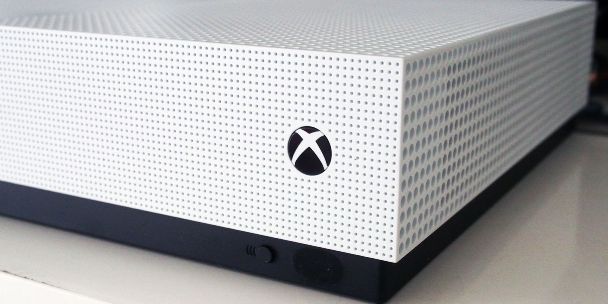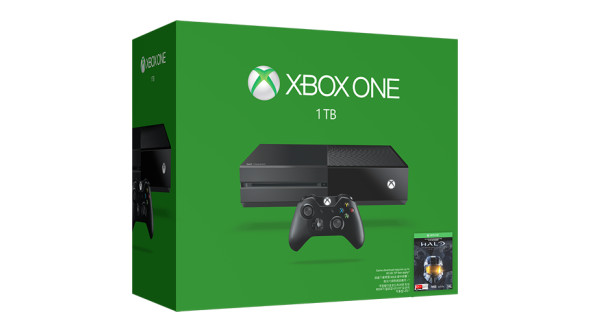
With the confirmation earlier in the weekend that the Xbox One X and Xbox One S All Digital Edition had been discontinued from production and sale, Microsoft made an early move to signal the next generation. By removing the ability to purchase the much higher-powered Xbox One X console, while keeping the significantly less powerful Xbox One S in active circulation, Microsoft have done two things. Firstly, they have placed themselves in a favourable position for ongoing console pricing. Secondly, they’ve made sure that if you’re buying a brand-new Xbox One over the next couple of years for any cross-generation games, you’re going to get a vastly inferior product. Similarly, the Xbox One X is probably a little too close to the Xbox Series X for marketing purposes. At the end of the day, with next-gen coming soon, the Xbox One X had to go.
First of all, let’s delve into the price positioning they’ve set up with this move. The Xbox One X still retails at $499 USD, the same price that next generation consoles are expected to fall in at. Unlike previous generations, where you’re selling 7 year old hardware that can have its price slashed, you can’t do the same with something like the Xbox One X. Sure, it would be nice at $299 USD retail, but with the rumoured Lockhart coming in with a lower teraflop number (which, yes, isn’t the be all and end all, but is certainly used as a measuring stick by many) and likely at a similar price point, this could cause issues for marketing. By removing the Xbox One X from the picture entirely, you can look at a much more favourable suite of console prices: say $199 USD for an Xbox One S, $349-399 USD for a Lockhart Console and $499-$599 for an Xbox Series X. You’ve got a clear product for very distinct budget ranges, each with a clear difference in technical capability, that avoids muddying the waters with products at a similar price and similar power level.

Somewhat more contentious here, is my view that a big reason behind this shift as well, is to force new Xbox One owners to pick between an Xbox One S or a next generation console. Current generations games are already having plenty of issues running at an acceptable framerate, and I’ve got absolutely no doubt that will continue with cross-generation games. So, by discontinuing the Xbox One X and its much higher technical capability, you force the narrative to compare games between an Xbox One S and next-generation consoles. The comparison becomes infinitely more favourable for next generation consoles. Do you want to buy the platform where new games are severely compromised by the lower power, or go for the Xbox Series X, with 10 times the teraflop count of the One S and significantly better experience? The narrative is shifted from a console that, while less powerful, is likely still going to churn out a stable (if slightly compromised) experience, to one that often struggles to run games right now.
I’m sure Microsoft had more reasons behind the scenes to discontinue the Xbox One X, potentially ones that are based on production and manufacturing realities, but it’s clear that they’re working to set themselves up for the next generation in more ways than one. There’s no doubt at all that this move is meant to shift narratives and give them an edge, and that with that in mine the Xbox One X simply had to be discontinued. And honestly? I think it’s a smart move, even if I’m not personally a fan of it.





